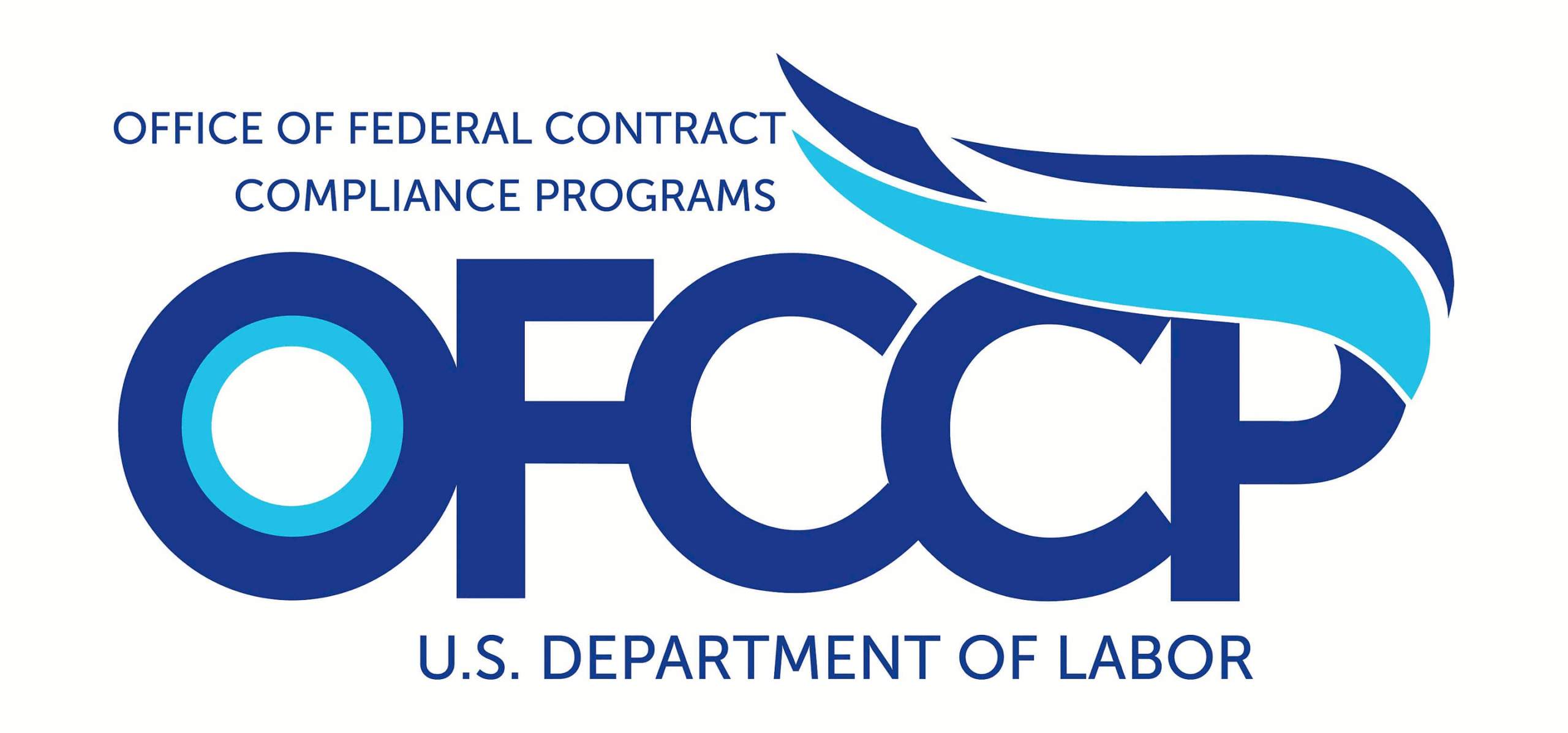Recently, the Office of Federal Contract Compliance Programs (OFCCP) began posting in its Freedom of Information Act (FOIA) Library links to conciliation agreements between the agency and federal contractors that contain only material technical violations. Until now, the only conciliation agreements posted in OFCCP’s FOIA library have been those in which OFCCP has identified material discrimination violations.
OFCCP differentiates between two types of conciliation agreements:
- One type of conciliation agreement arises in audits when OFCCP alleges “material” technical violations of the regulations but does not find discrimination. Contractors have an obligation to meet certain technical regulatory requirements, such as including the equal opportunity clause in subcontracts, listing jobs with state unemployment agencies, and posting specific notices to employees and applicants. When a contractor fails to comply with such a requirement, OFCCP identifies this as a material technical violation and seeks an appropriate remedy in the form of a conciliation agreement.
- The second type of conciliation agreement is used in audits when OFCCP alleges “material” discriminatory violations and seeks a financial remedy (and perhaps a preferential hiring remedy). Financial conciliation agreements often contain technical violations in addition to any discrimination violation. Financial conciliation agreements have been routinely posted in the FOIA library as well as on OFCCP’s Class Member Locator site so that victims of discrimination identified by OFCCP can verify that a settlement is legitimate and determine if they are potential class members who will receive a monetary settlement.
What this means for contractors is that any voluntary resolution with OFCCP that results in a conciliation agreement will likely be published in OFCCP’s FOIA Library, thus increasing the chance of media attention. Of course, conciliation agreements are already available from OFCCP through a FOIA request, but this new practice of publishing both technical and discrimination settlements increases the ease of discovery by the media, potential plaintiffs, and other regulatory agencies.
As stated in OFCCP’s Directive 2019-02: “During the desk audit, if OFCCP finds non-material problems that can be corrected immediately during the desk audit, such as an unacceptable AAP element, and there are no additional indicators of potential discrimination, lack of good faith efforts or other material non‐discrimination violations, the [compliance officer] should seek to resolve the evaluation during the desk audit, provide any compliance assistance to the contractor, and issue a closure letter referencing the non‐material violations and their remedies.”
As a result of OFCCP’s new practice of posting material technical conciliation agreements, as well as discrimination conciliation agreements, contractors that want to avoid media attention may want to remain vigilant during an OFCCP audit to ensure that no “material” violations are detected by the agency that might warrant a conciliation agreement.





